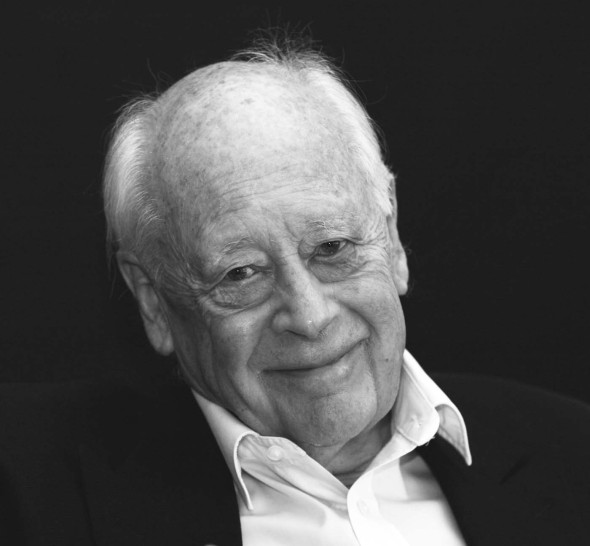There are numerous instances where I have seen managers ‘hang’ when faced with conflicting ideas. They need to ‘reboot’ themselves in order to use contradictions as a springboard for immediate and lasting success.
If it weren’t for our curious minds, would we ever learn anything new? Could we ever improve the way we think and behave? Could we ever create and innovate?
What triggers curiosity in us? The very things that frustrate and confuse us! We experience cognitive dissonance when confronted with conflicting ideas and beliefs that are ever-present in our thoughts and in our environment. Making sense of the contradictions we come across turns our frustration into positive energy that empowers us to act in constructive ways.
Change is the eternal reality individuals and organizations have always faced, confront today, and will continue to encounter through time. However, it is our understanding and adherence to never-changing principles that help us thrive in change. Knowing what to change, and what not to, is of the essence. Everything is not up for grabs!
It is a known fact that organizations need to continually learn, improve, and grow to survive and remain viable in the long run. These are eternal requirements and imply the need for us to adapt to change continuously. Such contradictions in life are everlasting and come in all shapes and sizes. They are built into the very fabric of nature – within and around us.
A colleague once asked me, “Who has been your best teacher?” I thought for a while. Names flashed through my head, but none stood out. I thought for a while and went to the white board in my office and drew a big circle. In it, I placed a question mark “?”. I am eternally grateful to my colleague for asking me such an innocent question. I spent that entire day pondering on what gives rise to questions in my mind. Voila!! I found the answer: Cognitive dissonance had been fueling my curiosity all along. Seeing contradictions as a blessing changed my life forever. It’s in small moments like these that big things happen, but only if we make time to reflect deeply.
Consider this: We are forever caught between the need to control and at the same time, to empower; Leaders need to exhibit courage, while also having capacity for compassion; Managers need to focus on goals and at the same time need to show the flexibility of mind by de-focusing, to create and innovate. Short-term goals must be met while also taking decisions and actions that will impact the long term and build sustainability.
Everything we take for granted today was once viewed as impossible by many. Take flying for example. The governing paradigm almost a century ago was that ‘only lighter than air can fly’. Thank God there were a few who had the audacity to challenge this thinking. Today we have thousands of immaculately engineered planes, each weighing over 600 tons, transporting a vast number of people across continents, at the speed of a bullet! Our continuing success depends on us viewing cognitive dissonance as a blessing.
The world-wide web is yet another example which glaringly illustrates the power of contradictions to inspire innovation. The “www” marvel is the most centralized system on earth. Yet it has liberated individuals to access knowledge, while remaining connected with each other globally. The internet has transformed human possibilities beyond belief!
The truth I cherish the most is that mortal beings can become immortal. Social philosopher, Charles Handy is widely regarded. He is seen as the guru of the modern workplace. Many of his predictions have already come true, including the demise of the traditional organization and job and the emergence of talented individuals and entrepreneurs being outsourced for their expertise in specialized fields.
Handy concedes disparagingly that, “In a business, quarterly reports and an average lifespan of 40 years for big companies tend to put immortality on the back burner.” He finds this short-sightedness ill-founded; institutions, he declares, can be immortal. “The Mitsui Corporation and my old Oxford College are both over 600 years old, both still going strong and thinking far.” He continues to amplify his point, “You can only look ahead as far as you can look back.”
Building trust with others and between people in organizations is the only real way to achieve greater efficiency, reduce costs and create sustainability. However, to enjoy the fruits of trust, you will need to make yourself vulnerable! This proposition is inherently counterintuitive. By not leveraging this contradiction, many local organizations in Pakistan, are failing to achieve their full potential. Owners of thriving businesses refuse to let go at their own peril! As a result, they are unable to attract talented professionals, and when they succeed in doing so, they are unable to retain them. This should not come as a surprise. Competent and committed individuals need space in which to perform at their best.
There are no perfect solutions to anything, and no one can predict exactly what the future may hold. Only by believing in the higher laws and by making sense of the ambient paradoxes, will we be able to build admiring institutions that last.




